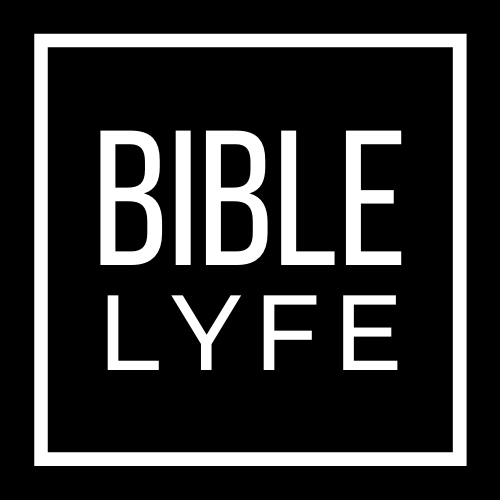Embracing the Paradox of Life and Death in John 12:24
“Truly, truly, I say to you, unless a grain of wheat falls into the earth and dies, it remains alone; but if it dies, it bears much fruit.”
John 12:24
Introduction
There is a profound paradox woven into the fabric of life, one that challenges our understanding of what it means to truly live. The world often teaches us to cling to our lives, to seek comfort and security, and to avoid pain and loss at all costs. However, Jesus presents us with a different perspective in John 12:24, showing us that true life is often found in the very places we least expect it: through death.
Historical Context of John 12:24
John 12 is set in the context of the first century Roman Empire, specifically in Jerusalem, which was under Roman rule. The Jewish people were living under Roman occupation and were awaiting a savior who would deliver them from their oppressors. Jesus, as a Jewish teacher and healer, had gained a large following, and many people believed he was the long-awaited Messiah. However, his teachings and actions had also made him a controversial figure, and he was viewed with suspicion and hostility by the religious and political authorities.
In John 12, Jesus is in Jerusalem for the Jewish festival of Passover, which was a time of great religious significance. The city would have been crowded with pilgrims from all over the region, and tensions would have been high as the Jewish leaders feared unrest and rebellion. Against this backdrop, Jesus enters Jerusalem in a triumphal procession, riding on a donkey and being hailed as a king by the crowds.
This sets off a series of events that lead to Jesus' arrest, trial, and execution. In John 12, Jesus speaks about his imminent death and the significance of his sacrifice. He teaches his disciples that his death will be a necessary and transformative event, and that they too must be willing to die to themselves in order to bear spiritual fruit.
Overall, the historical context of John 12 is one of political and religious tension, with Jesus' teachings and actions causing both admiration and opposition. His message of self-sacrifice and spiritual transformation would ultimately lead to his death, but also to the birth of a new movement that would transform the world.
The Meaning of John 12:24
The Sacrificial Nature of Growth
The seed, in its dormant state, holds great potential. However, for it to unleash this potential and grow into a fruitful plant, it must first die to its current form. Similarly, we must often sacrifice our own desires and comforts in order to experience growth and transformation in our spiritual lives.
The Multiplication Principle
Jesus teaches us that a single seed, when it dies, can produce many seeds. This multiplication principle is at the heart of His ministry, revealing the expansive nature of God's kingdom. Through Christ's death and resurrection, we are invited to participate in this multiplication process, sharing the hope and life we find in Him with others.
The Invitation to Die to Self
The paradox presented in John 12:24 invites us to die to ourselves, to our selfish ambitions, and to our fears. By embracing this call, we find that it is only in dying to ourselves that we can truly live and experience the abundant life Jesus offers.
Application of John 12:24
To apply the meaning of this text to our lives today, we can:
Embrace the sacrificial nature of growth by willingly giving up our own desires and comforts for the sake of personal transformation and spiritual maturity.
Engage in the multiplication principle by actively sharing the hope and life found in Christ with others, contributing to the expansion of God's kingdom.
Respond to the invitation to die to self by regularly examining our hearts and surrendering our selfish ambitions and fears to God, allowing Him to shape us into the image of Christ.
Prayer of the Day
Lord, I adore You for the profound wisdom and love that You have displayed through the life, death, and resurrection of Jesus Christ. I confess that I often cling to my own desires and fears, hindering the work You want to do in and through me. Thank You for the gift of Your Spirit, who empowers me to overcome fear, so that I might follow you in faith. Help me to die to myself so that I might live for you. In Jesus name I pray. Amen.

